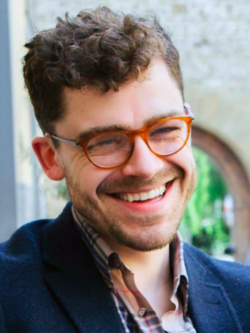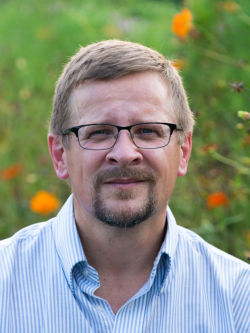How are our imaginations deepened when the humanities and the sciences enter into a conversation? Join us for a reception, lecture, and panel discussion among scholars, including theologians, ethicists, and data scientists.
This event is free and open to the public. Not local? Join us via livestream for the lecture and discussion beginning at 6:15 p.m.
Schedule:
5:00 p.m. – reception with refreshments and hors d’oeuvres
6:15 p.m. – lecture by Thomas Pfau, PhD: “Grandeur et Misère de l’homme: AI and/or Human Flourishing”
7:00–8:00 p.m. – responses, panel discussion, and Q&A
This event is co-sponsored by Duke Health, Fons Vitae at Duke Divinity, and the Lumen Christi Institute at the University of Chicago. The evening is inspired by themes and topics related to Fons Vitae’s Summer 2024 Seminar “Artificial Intelligence, Ethics, and Catholic Thought.”




